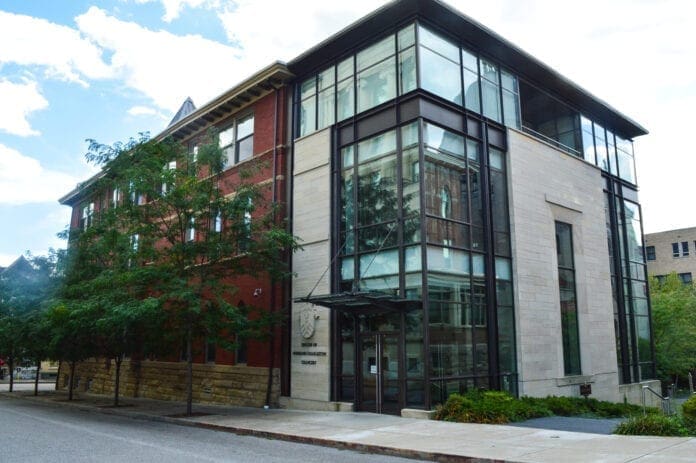As a graduate of a major American university where pro-Palestinian protests and anti-Semitic rhetoric have taken place, I feel compelled to make known how epugnant I find the expressions of antisemitism on many college campuses. I abhor just as much expressions of anti-Moslem sentiment and violence, such as the injuries suffered by a Palestinian student, a student
at my alma mater.
The Hamas-Israeli war has elicited strong feelings from many people but strong feelings are not an excuse for using hateful and stereotypical language about Jews and Moslems. While some students and faculty are trying to understand the conflict and make sober judgments, others, including non-students, indulge in intemperate chants and threatening behavior toward those who hold other views. I speak out because, with historical perspective, I know where antisemitism can lead if it goes unchecked; the same is true for Islamophobia.
College campuses are supposed to be places where young people can learn to make mature judgments about the world in which they live and which they will soon be directing. It is the role of administrators and professors to help students engage in that process. Recent events have shown that some of these university-employed adults are unwilling or unable to fulfill this role. They need to examine their consciences. If they are incapable of guiding young people toward maturity, they should resign. It is also unfair that non-students, whose occupation seems
to be that of fomenting of trouble, should cause the majority of students to lose the right to go to class because of the disruption on their campus.
The current conflict between Hamas and Israel has complicated historical, political,
cultural and religious aspects. I do not have answers to all of its dimensions. As a man of faith in the God who spoke to Abraham, the father in faith of Judaism, Christianity and Islam, however, I will continue to pray for a just and lasting peace between Palestinians and Israelis.
But, given the present situation on the campuses of many universities in our nation, I urge you to raise your voice to say that shouting hateful slogans and intimidating those of other views contribute nothing to the resolution of the present conflict in the Middle East and only exacerbate mutual disdain and distrust in communities of higher education. Treat others the way you would want them to treat you. That saying, known to people 2000 years ago and repeated by Jesus, is
one that students, faculty, administrators and professional agitators should take to heart.
Sincerely in Christ,
+Mark E. Brennan
Bishop of Wheeling-Charleston


